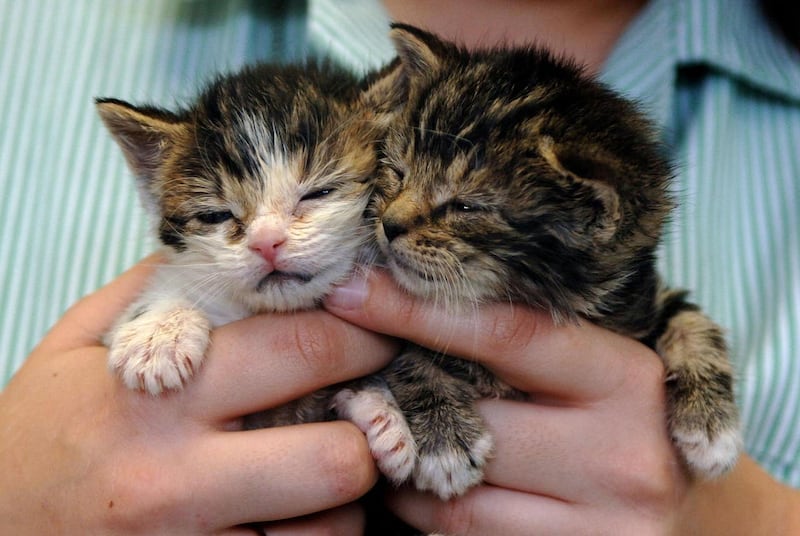Record heat coupled with wet weather has created the “perfect” environment for fleas to thrive, according to Rentokil.
Calls about the unwanted visitors to the pest controllers shot up in July compared to the previous month and with the same period last year.
Flea inquiries jumped by 415% from June to July.
While sightings of the critters tend to rise in the warmer months, this year’s figures are up 70% on last year and 31% higher than the three-year average.
Fleas thrive in warm, humid environments, which allow them to develop from an egg to a fully-grown adult in just 14 days.
July was the hottest month measured on Earth since records began in 1880, with the UK experiencing its hottest day when the mercury hit 38.7C at Cambridge University Botanic Garden.
The temperatures combined with rain could be contributing to the increase in flea numbers, Rentokil experts believe.

With a quarter of British households being home to a dog and 17% possessing a cat, they say another factor could be pet ownership.
Pet owners are being told to be vigilant as fleas are commonly brought into the home after their furry friends have been outside.
David Cross, head of Rentokil’s technical training academy, said: “We believe weather patterns this summer are the likely cause of this huge jump in flea inquiries.
“The hot weather we experienced in July followed by the August rain has created the perfect hot and humid environment for fleas to thrive, and has accelerated their reproduction from egg to adult.
“This summer’s jump in flea inquiries has been the largest we’ve seen in several years.
“Fleas found on the host animal typically represent just 5% of the total flea population, while the other 95% will hiding in bedding, carpets and furniture.”
Fleas can be very difficult to detect as they hide deep in the fibres of carpets and furniture.
Their eggs can lay dormant and undetected for months, even up to a year before hatching and jumping onto a host.
When active, a small flea problem can escalate very quickly, with some flea species laying between 25 and 40 eggs per day.
The most common indications of a flea issue are itchy bites or skin irritation, particularly around the legs and ankles, usually with two or three bites in close proximity.
Fleas could be resisted by regularly cleaning and checking pets, washing pet bedding at above 50C, vacuuming floors and furniture, and placing pet beds in areas without carpets.








